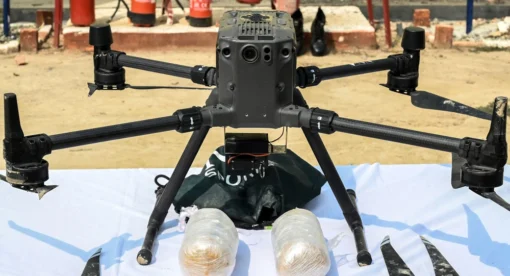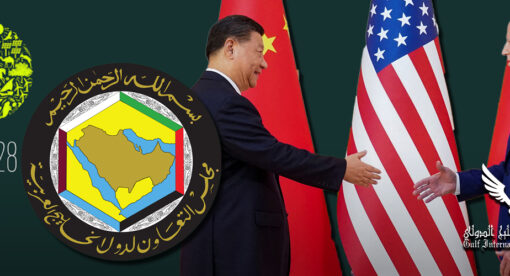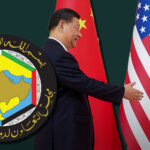Over a billion pills of captagon, amphetamine-based drugs, were seized in Arab countries in Asia between 2019–2022—enough to carpet six football fields with 28 million pills left over, per my calculations.
The security, health, and geopolitical impacts of captagon’s proliferation have jolted many countries around the world into action. Consumer and transit countries in the region are enhancing their interdiction capacity and toying with the idea of normalizing relations with the Bashar al-Assad regime in Syria, which controls areas where most captagon originates. Furthermore, the Joe Biden administration has announced an interagency counter-captagon strategy and joint sanctions with the United Kingdom and European Union on Syrian and Lebanese actors involved with the industry, as well as including captagon in the US-led Global Coalition to Address Synthetic Drug Threats. However, the overall impact of these measures on the availability of captagon will be limited.
Partial solutions won’t work
Until now, most of the rhetoric on countering the flow of narcotics has come from Western countries adamantly opposed to the Assad regime. This is understandable, given that the regime sponsors and benefits from the industry. Over 70 percent of identifiable drug seizures originated from its control areas. But little action has been taken except the imposition of sanctions on individuals and entities known for producing and smuggling the drug.
Such sanctions signal the West’s principled position on the issue and highlight the need for accountability. However, sanctions have only a marginal impact on the ground; such entrenched and criminal kingpins are unlikely to change their behavior from sanctions alone.
The US inter-agency strategy is also unlikely to have a tangible impact. The primary consumer countries in the Gulf—Saudi Arabia and the United Arab Emirates (UAE)—seem to show a lack of interest in working with the US or any other Western country on the issue. As such, the inter-agency strategy gives the US government the tools to intervene, but it has no teeth in either producer or consumer countries.
Read more at the Atlantic Council.













